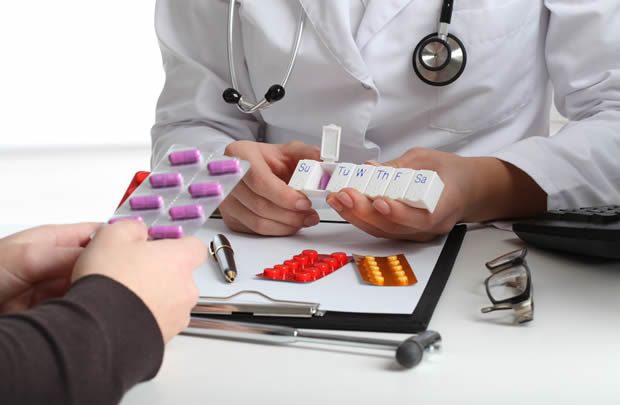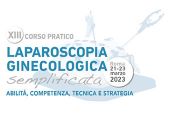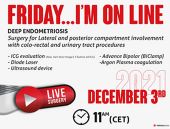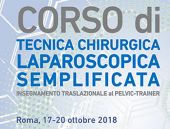Medical therapy

- Oral progestogen therapy on a continuous basis
- Oral estrogen-progestagen therapy in a continuous or cyclical regime (monthly break)
- Medicated intrauterine device (LNG-IUS, spiral with gradual release of progesterone)
- GnRH analogues (temporary pharmacological menopause induction)
The goal of medical therapy is to control pain symptoms and injury progression, as well as to reduce the risk of disease recurrence after surgery. These objectives are more likely to be achieved with the pharmacological induction of amenorrhea (absence of menstruation) by taking therapy on a continuous basis: it should be emphasized that amenorrhea is not a menopause as the hormone taken (progestogenic or estrogen-progestagen) allows you to meet your metabolic needs.
It should be emphasized in any case that to date there are no "curative" therapies in the sense that the efficacy of the drug taken remains so during the intake phase and, in some cases, for a few months after the suspension. In most cases, once therapy is complete, the pathology can resume its course (both in terms of symptoms and possible increase in lesions).
Therefore, these are therapies to be carried out generally over the long term (months / years), to be interrupted - unless there are contraindications - only in the case of seeking pregnancy or a face that has reached the menopausal phase.
The most suitable therapy in terms of efficacy / side effects ratio is represented by progestogens on a continuous basis (dienogest or norethisterone acetate). Often, but not always, with this therapy we can also witness a reduction in the diameters of the lesions, generally the ovarian and uterine ones (adenomyosis) while the effect is much lower on deep and infiltrating lesions.
Among the most common side effects, nausea / headache, spotting (vaginal bleeding), breast tenderness especially in the first weeks of use, mild swelling and an increased sense of hunger.
An alternative solution for long-term therapy is represented by estrogen-progestins, more effective in continuous than cyclical administration, with side effects similar to those listed for the progestins but generally less marked in the face of a sometimes lower efficacy. The use of the spiral is generally more suitable in patients with adenomyosis who have no desire for pregnancy.
Although the risks are minimal, the possible breast impact and the increase in coagulation activity (greater thromboembolic risk) must be considered for the above drugs, therefore the advisability of hormonal therapy is evaluated by the doctor also on the basis of anamnestic evaluations , hematological and senological aimed at excluding specific contraindications. The analogues of GnRH are extremely effective on disease control but burdened by very significant side effects (it is a real menopause - absence of hormones in the circulation) for which they cannot be used in the long run.







